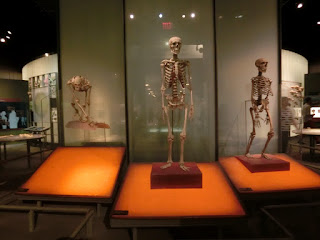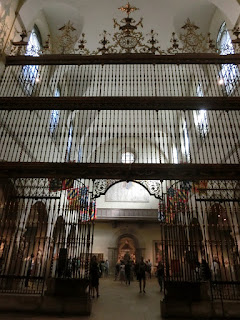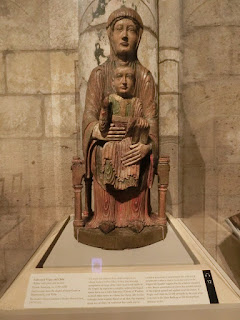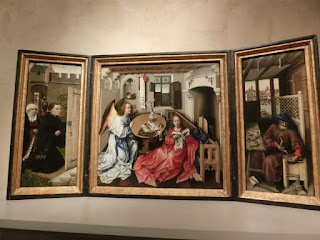house blessing 2

Our gospel for today’s blessing of this house tells us two things about what a home should be: First, why did Luke mention Zacchaeus climbing a sycamore tree? Why not another tree – perhaps an olive tree, an apple tree, a guava tree, whatever. But why a sycamore tree? It is said that no matter how short you cut a sycamore tree it will always grow back. No matter how short, it will always find its way to grow back. I think that’s the first quality of a blessed home – it should be a place of second chances, third chances, fourth chances, fifth chances. A home is where you know people will never give up on you. A home is a place where you will always be given another chance. That is the first quality of a home. It is like a sycamore tree – no matter how short it is cut, it can and it will always regrow.
























